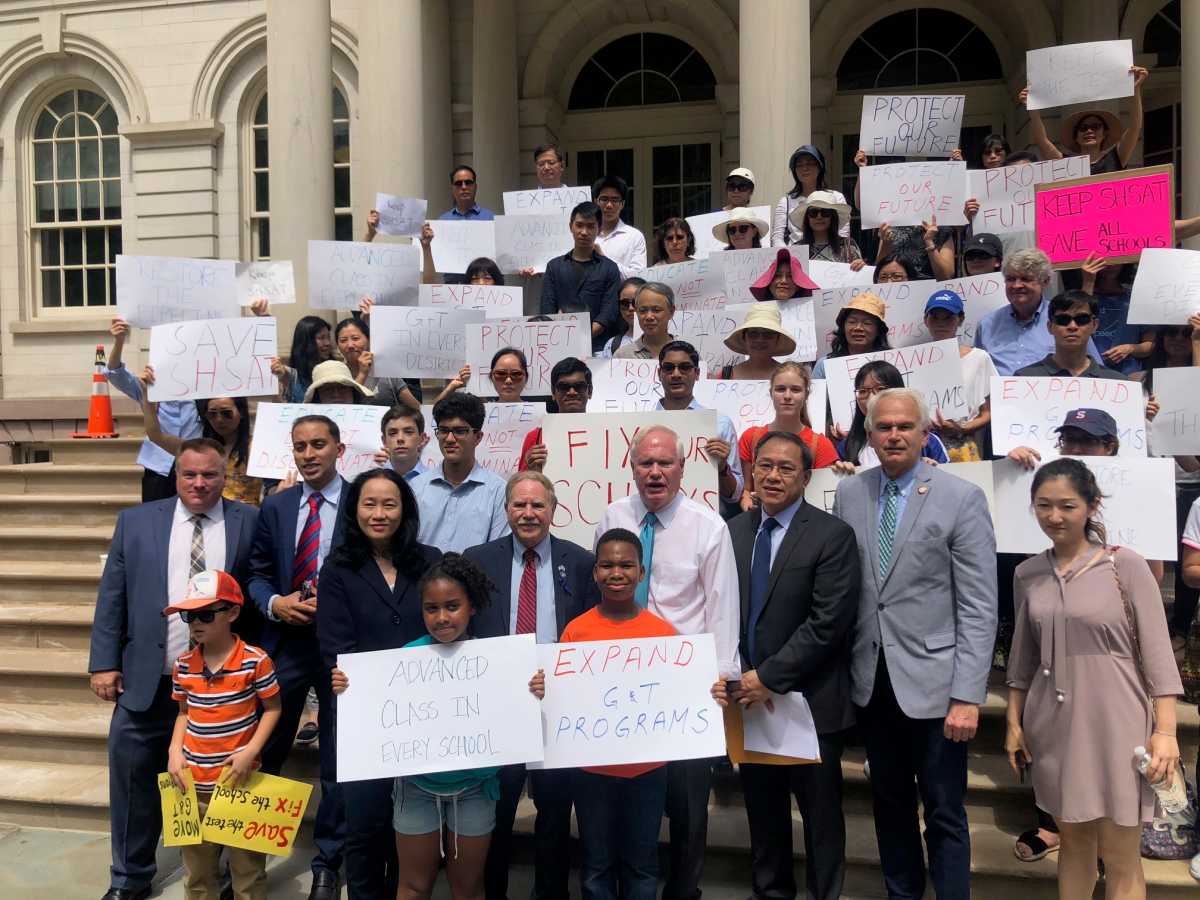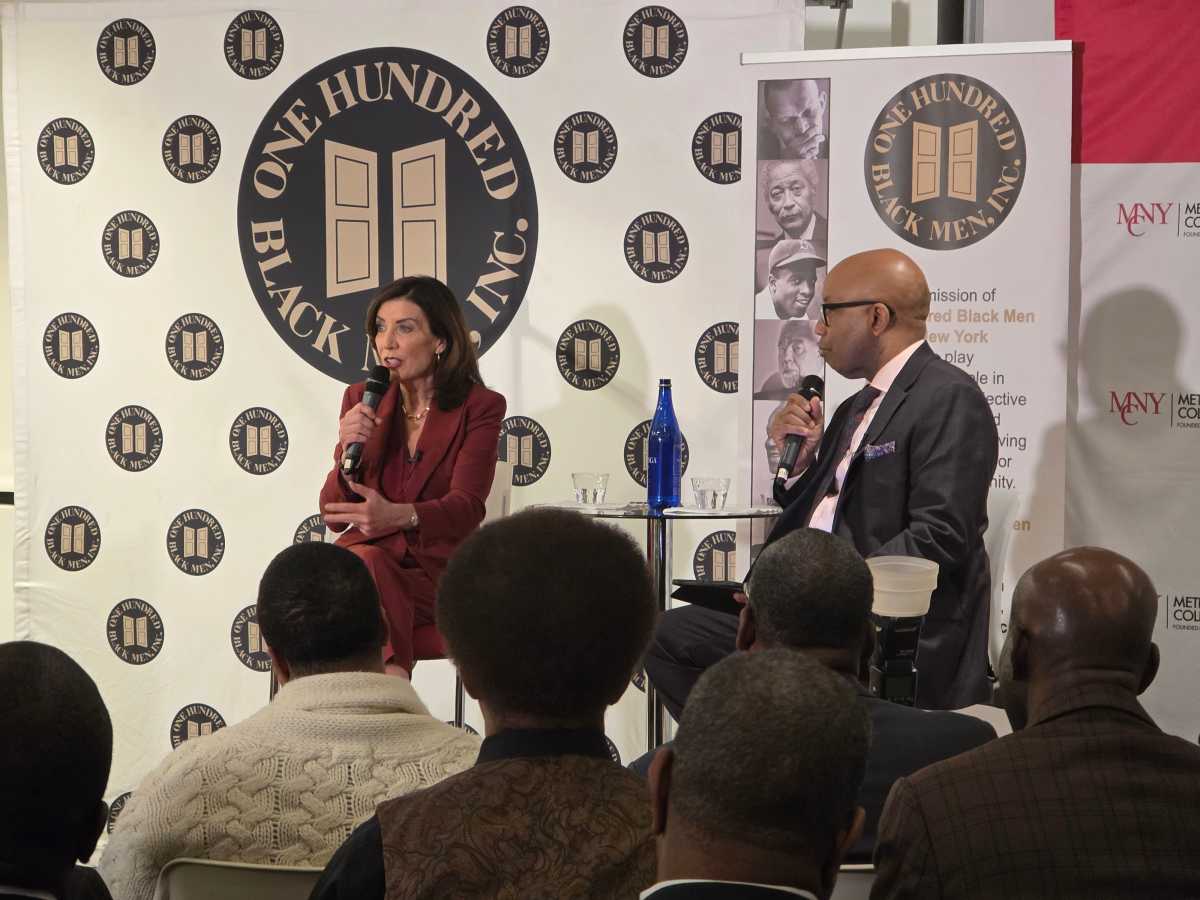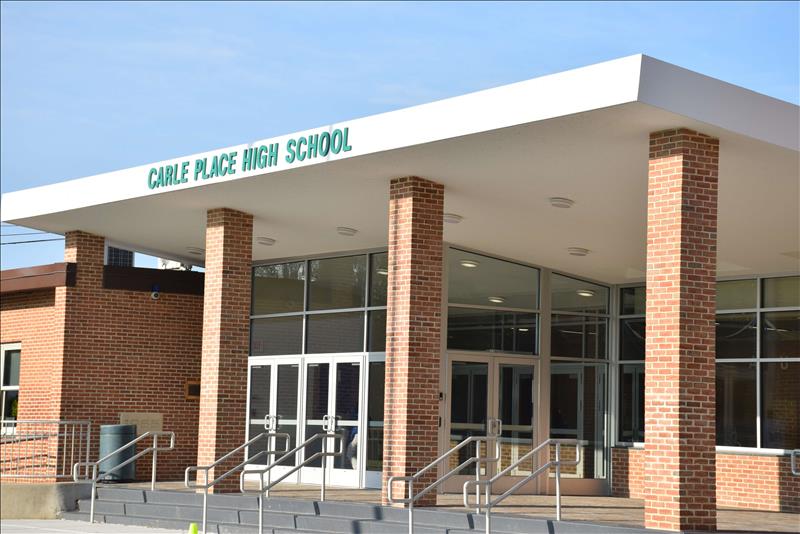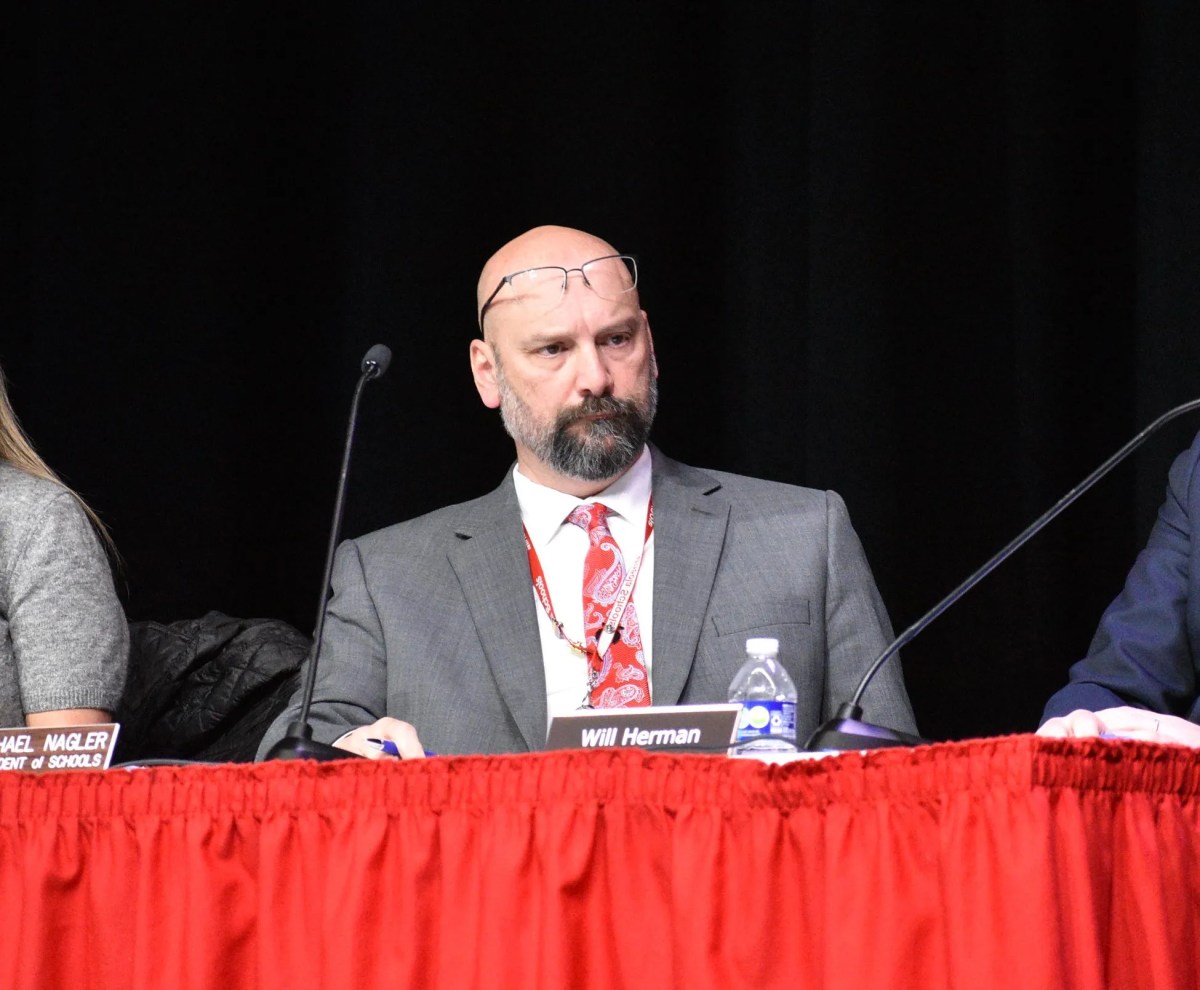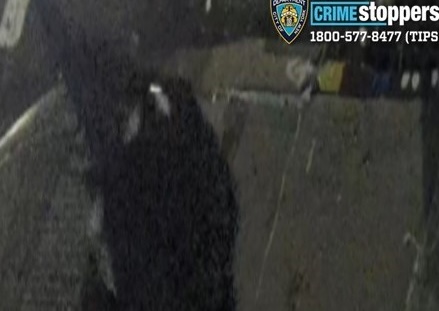Assemblyman William Colton (D-Gravesend, Bath Beach, Bensonhurst, Dyker Heights), together with State Sen. Tony Avella (D-Queens) and City Councilman Bob Holden (D-Queens) yesterday announced new state legislation and a city council resolution aimed at saving specialized high schools admissions tests (SHSAT).

The proposals come as the De Blasio Administration plans to change the admissions requirements to further diversify the population of these schools. This includes doing away with the rigorous SHSAT exam and replace it with a system that would reserve seats for the top students in middle schools across the city.
This would increase offers to both Latino and black students, as well as provide a better representation of students from each borough. Currently, of the 15,540 students that attend specialized high schools, half are low-income. The demographics of the schools are 62% Asian, 24% white, 6% Latino and 4% black.
The de Blasio plan has received much pushback from the Asian community, other academic advocates and a number of lawmakers that argue that the exams are color and culture blind. That doing away with them may both dumb down the schools, and create a system where students can get in for who they know as much as for what they know.
The proposed state legislation would require that every elementary and junior high school have at least one class per grade for top performing students based on academic merit.

“With proper education, preparation and support, every student would be equally able to sit for the SHSAT and determine their eligibility for specialized schools,” said Colton, who is introducing the measure on the assembly side.
“A real cause of the serious lack of diversity in NYC schools is the failure of the DOE to offer gifted and talented classes in lower grades and middle schools in underserved school districts to challenge and enrich their brightest students. The DOE continues to cut back and deny the brightest students in underserved districts access to such programs. Students who study hard in gifted and talented programs and do well on the SHSAT should not be penalized for the failure of the DOE to provide such programs to other districts,” he added.
Avella, who is introducing the measure on the senate side, said the bill will mandate that all elementary and intermediate students will have a class that gains entry through academic merit. Expanding the gifted and talented programs into each school levels the playing field to allow more diversity in SHS, giving each school a method to prepare the students for the test they will have to take at the end of the middle school careers, he said.
“The measures will allow talented students to get resources and allow them to reach their full potential,” he said.
“We must expand our City’s successful gifted and talented programs to be available in every school to give students the opportunity to achieve academic excellence. We must not put one group of people against another but rather expand educational opportunities for all,” he added.
The objective of Holden’s legislation is similar to Avella’s. Resolution 417 calls for the addition of additional gifted and talented children classes in each public school.
“As an educator turned policymaker, I have seen over the last two decades the negative net effect that the decreasing of gifted and talented programs have contributed on our children citywide,” Holden said,
“Especially in our disenfranchised communities. As policymakers, it is incumbent on us to assist in the development of our children’s full potential, not hinder it,” said Holden.
Holden said the solution is a case of Occam’s razor [a problem-solving principle that the simplest solution tends to be the right one], the schools that put more resources into preparing students for the test have more success.
“Districts that don’t have them have problems getting in, it’s that simple,” Holden said. “If we truly care about a progressive education for our children, then lawmakers need to pass these bills now.”
There are eight SHS in the city that requires passage of the admissions test to attend spread throughout the five boroughs. The schools are: The Bronx High School of Science; The Brooklyn Latin School; Brooklyn Technical High School; High School for Mathematics, Science and Engineering at the City College of New York; High School of American Studies at Lehman College; Queens High School for the Sciences at York College; Staten Island Technical High School; and Stuyvesant High School.
Despite the proposals on both the state and city level, De Blasio is refusing to budge on his plan.
“We’re laser-focused on making specialized high school admissions fairer for all New Yorkers, and we’re confident that getting rid of this arbitrary test will strengthen our schools. Through our broader Equity and Excellence for All agenda, we’re investing in high-quality elementary and middle schools, and we’ve added Gifted and Talented classes so that there is an option in every district,” said de Blasio spokesperson Jaclyn Rothenberg.


